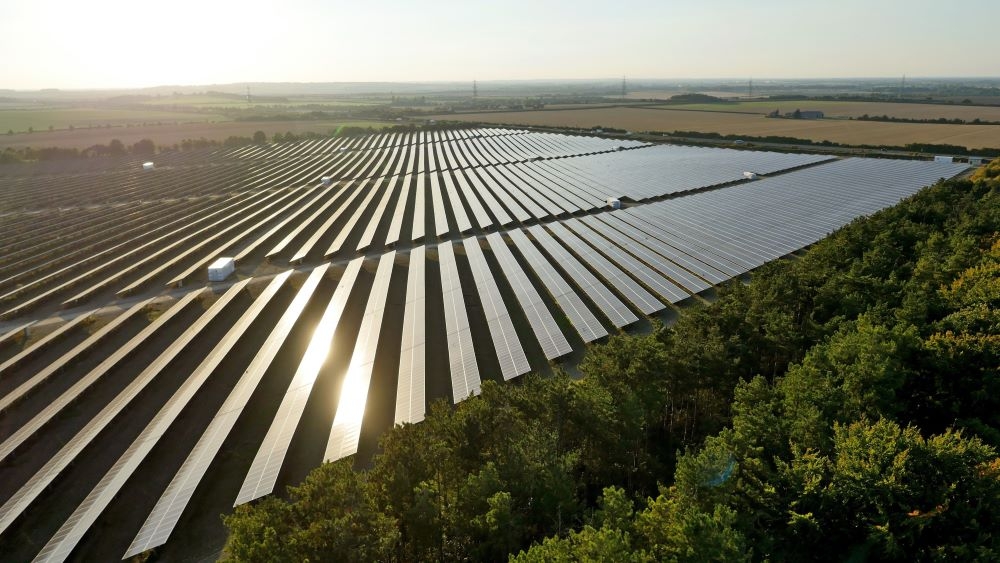Pension Pester Power – the catalyst in the fight against climate change
Nigel Labram, investment strategist at Low Carbon, on how the movement towards divestment and sustainable investment is changing the renewable energy investor landscape
Millennials today form the most pension-savvy generation to date. As a demographic that cares for and campaigns for climate change more than ever before, the power that this young age group has to influence change, should not be underestimated. They demand corporate responsibility and transparency from organisations like multinational banks and corporations. They also demand to know exactly where their money is and what it is invested in.
Climate change campaigners and leading economists such as Lord Stern, a respected professor from London School of Economics, are urging children and young people to pester their parents and older relatives into ensuring that their pension is built on renewable and sustainable sources. This emotional influence is proving extremely powerful, especially coupled with the high-profile campaigns and protests being staged in a range of industries to pressure companies to divest from fossil fuels.
With climate change education and the importance of initiatives such as ‘Reduce, Reuse, Recycle’ starting to become common practice in many schools, children are starting to grow up with a knowledge of sustainable and ‘green’ behaviour as a second nature. They can see the benefits of reducing their carbon footprints, and the consequences they will have to face if people continue to act unsustainably. The more children learn, the more power they have to teach their parents, who in turn have the power to ensure their pension is invested responsibly.
But it’s not just about the millennials: as our population ages, future pensioners have become increasingly aware that the choices they make with their money now, will directly affect their children, grandchildren and great grandchildren in the future. As we move towards a greener and carbon-free world, investments in the depleting stores of fossil fuels are looking less attractive and, ironically, sustainable.
The younger generations are those which will have to create, maintain and live in a low carbon economy, so therefore we should listen up to what they have to say. The education system should provide the foundation for a bottom-up drive for change that filters right up to retired pensioners and large corporations. This kind of ‘pension pester power’ can help in mitigating the negative effects of climate change and in achieving the end goal of a healthier planet.

